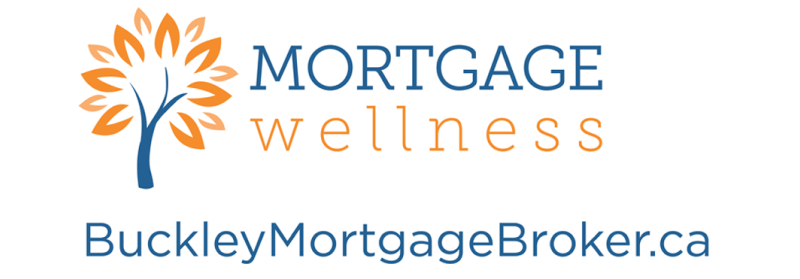Inflation, Interest Rates, Real Estate and Financial Markets …. What is on the Horizon for 2023?
Many of our Clients and the General Public are Asking what will happen to interest Rates and the Housing Market in 2023.
First off, our reference rate for variable rates is the Canadian Bank Prime Rate at 6.45% currently. We anticipate a .25% hike on January 25th.
We believe we could see one to two rate increases in the remaining year getting to a level of about 7.00 to 7.25%.
These variable rates are driven by the Bank of Canada’s rate announcements of which there will 8 rate announcements in 2023.
We do not anticipate a reduction in interest rates until at least the first quarter of 2024 and it may be mid-2024 before a decrease occurs.
Based on demand from a pent-up desire to buy homes as well as immigration, housing sales will start to come back by May or June 2023. This return of home sales will be long before variable rates start to decrease.
Fixed Rates in Ontario
Our new clients today are generally locking into 2-to-3-year fixed rates as fixed rates start to relax as inflation came off its peak of 8.1% in June 2022. In December 2022 inflation was at 6.3%; however, we are not out of the woods yet as food inflation is still above 11% and we are continuing to experience constraints in the supply chain that resulted from labour shortages during the pandemic. Inflation is a lagging indicator of the overall market.
Fixed rates tend to follow 5-year Canadian Bond Prices and yesterday this was 2.82% down from 3.90% this past fall.
We are still experiencing an inverted yield curve, which, for the average person means that 1-year rates are higher than 5-year rates.
For a purchase, 1 year is 5.69%, 3 year is 4.94% and 5 year is 4.59%.
For refinancing, 1 year is 5.89%, 3 year is 5.34% and 5 year is 5.14%.
An inverted yield curve has traditionally signalled slower growth, which is probable in 2023 as we are already seeing layoffs in the tech sector. The World Bank released its Global Economic Prospects this month, calling for a “sharp, long-lasting slowdown” and slashed its global growth forecast for this year to 1.7%. from its mid-2022 prediction of 3%. We do not anticipate a deep recession in Canada due to the excess savings held by Canadians and the Job Vacancy Rate.
The regulator for Financial Institutions in Canada has announced that they are in discussions on changing credit conditions, and we anticipate tighter lending conditions for mortgages. This is especially concerning for those accessing conventional mortgages with alternative lenders. Banks and Mortgage Finance Companies tend to make accommodations for clients having trouble making their payments. Alternative Lenders tend to be driven by the mortgage contract and are more prone to foreclosure.
The Takeaway
The good news for Canadians is that they are currently enjoying excess savings and there are jobs available if they wish one. Home sales will rebound in the latter half of 2023; notwithstanding, prices will stay firm in many jurisdictions outside the large metropolitan areas such as Vancouver and Toronto. Unfortunately, this will do little to affect the supply of affordable housing.


